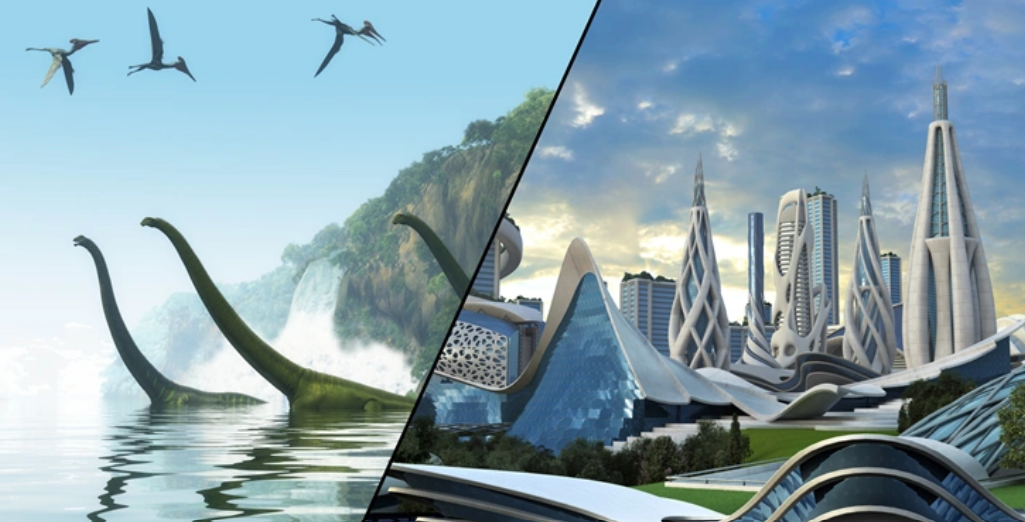
Last Friday of the month, the 27th of January, 12 people came to the Discussion Group’s first meeting in 2023.
We decided to start the new season with something light and enjoyable. Hence, the topic was selected and it looked like an easy go, no thorough research was needed. The travel could be for a short visit, a week or so, or maybe to stay there. You would have the option to return to the present day.
You had to think about what age period to visit – which could be to an ancestor, based on a book you had read or a movie you have seen, or simply let your imagination lead you to a specific time and give the reasons why whatever age you chose was so appealing.
At the meeting, a few of us said that it was a difficult theme and despite looking so innocent required even more effort than some of the previously hot and debatable subjects.
The group member who suggested the topic started our meeting with a short introduction to the complicated world of new sciences which says that Space and Time are not absolute values and what makes this all the more complex is that there is the possibility to carve spacetime, which could make actual time travel possible in the future.

So, we started our journey.
The first trip was to the United States in the 18th century, which was later called the American Enlightenment Age, believed to be a golden era when an open mind was welcomed. The era of freedom and democracy that attended the birth of the nation in 1776
So-called American Enlightenment Age, The Declaration of Independence
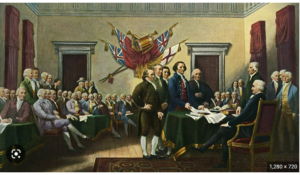
The next time trip was to ancient Iran, to the Persia city of Isfahan. That city’s golden age began in 1598 when the Safavid ruler Abbas I of Persia (1588–1629) made it his capital and rebuilt it into one of the largest and most beautiful cities in the 17th-century world. In order to restore the national economy, Abbas I invited foreign traders and made commercial agreements with several European states. Along with huge urban construction projects, his government also helped artists and financed the production of carpets and textiles in state workshops. Our traveller wanted to see with her own eyes all the beautiful art, buildings and lifestyle.
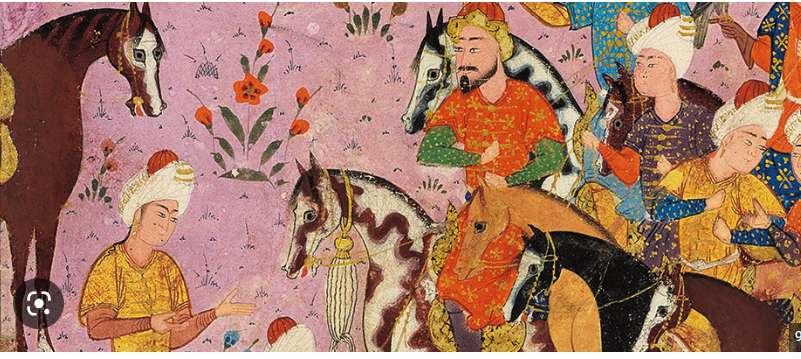
Another member had many thoughts about where to go and at last decided to go to see not a specific place, but a specific person. But whom? After long consideration about the possibility to meet a profound philosopher, famous scientist or Jesus Christ, at last, chances were taken to go to Venice when the city was not yet so overcrowded with tourists, beautiful and unique, and listen to Maria Calas – considered until now the best female voice in the world and to see her great implementation of any character in the scene
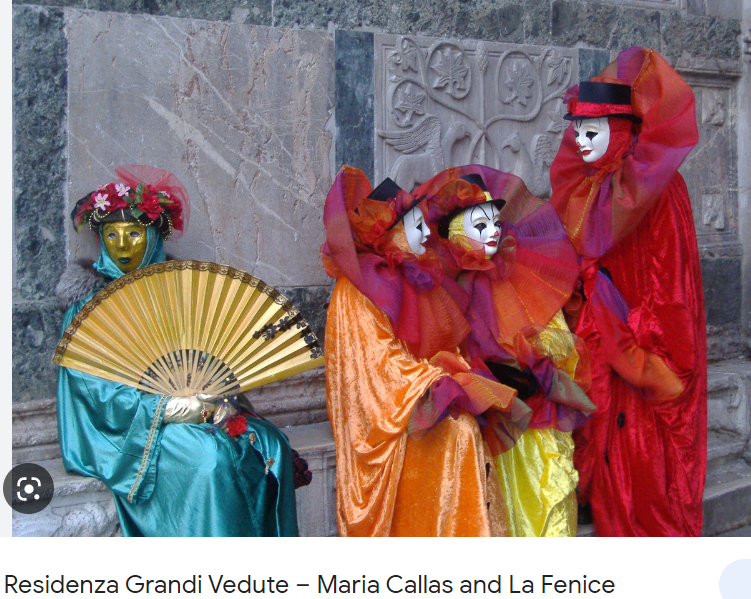
Some members of the group wanted to go to the future to see what will happen 50 or 100 years later, others were willing to see the World (if it still existed) 2000 years later.
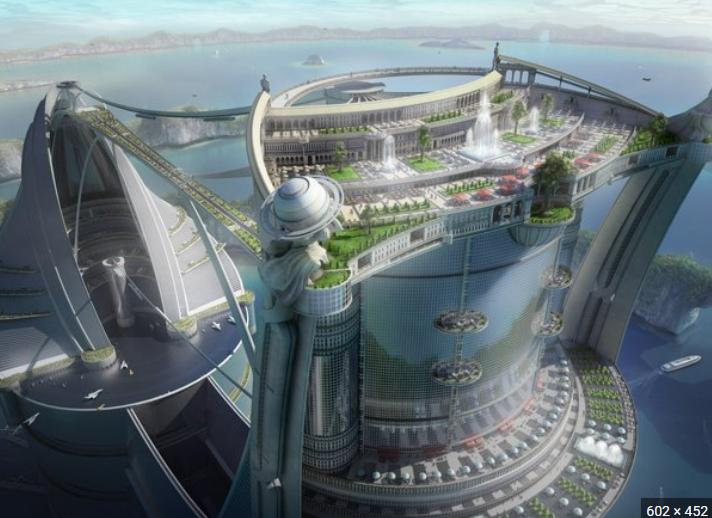
A few members wanted to go to the early 20th century when many women started to campaign for women’s rights. The focus of their attention? The right to vote. This became known as the suffragist movement. We live today in a world where much social change was going through the 20th century. Today women have more rights than in any period of history before and all this has been achieved because of the beliefs and actions of women in the past.
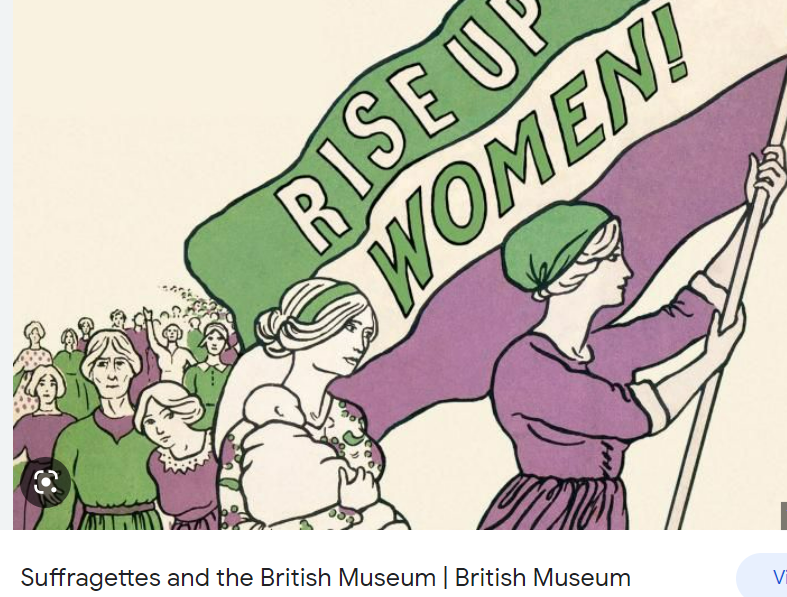
Another female traveller elected to be a man in China’s Ming Dynasty period which ruled China from 1368 to 1644 A.D. A period during which China’s population would double. Known for its trade expansion to the outside world that established cultural ties with the West, the Ming Dynasty is also remembered for its drama, literature and world-renowned porcelain. Notable Ming achievements include the refurbishment of the Great Wall to its greatest glory, large naval expeditions, vibrant maritime trade, and the rise of a heavily monetized economy.

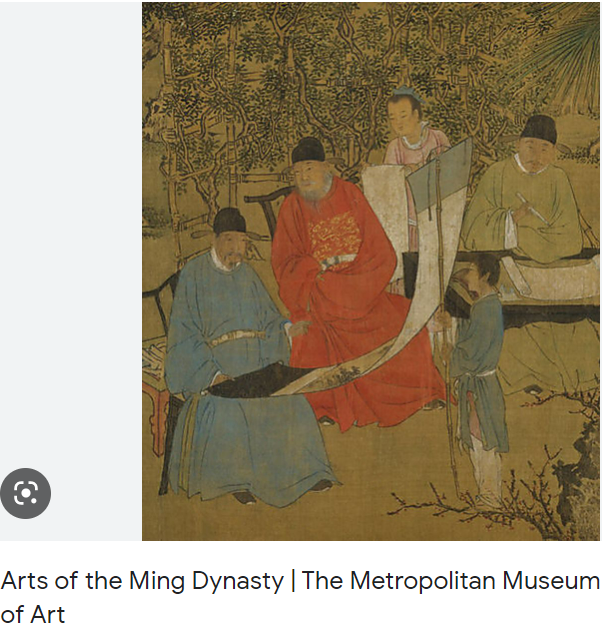
It was a very interesting meeting with a lot of things to talk about, ask and imagine. The last note is that nobody wanted to live forever in their selected country or age. We agreed that even with all the problems, faults and geopolitics of the XXI century, never had so many people lived so well. Living standards in a lot of countries are so high because of the fantastic achievements in areas of new technology, sciences, communication and health.
